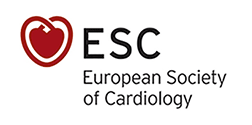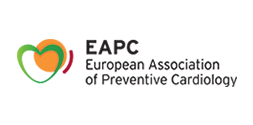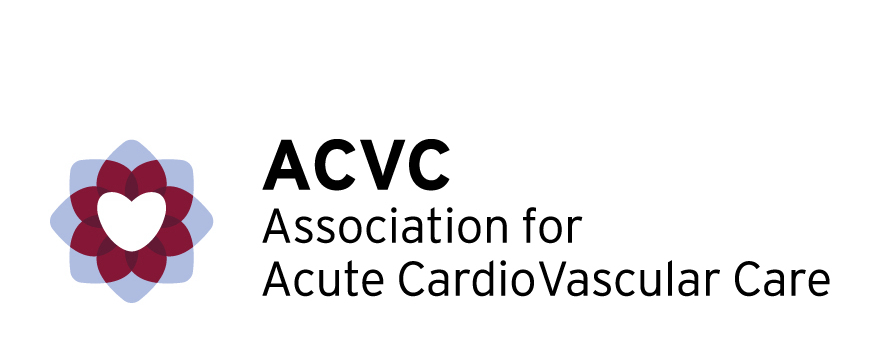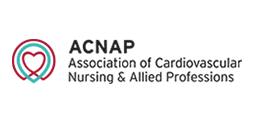Most cardiovascular diseases could be avoided with a healthy lifestyle
A healthy lifestyle is the cornerstone of cardiovascular disease prevention. Eliminating unhealthy behaviours would prevent at least 80% of cardiovascular diseases and 40% of cancers.

A heart healthy lifestyle means not smoking, being physically active, eating a balanced diet, moderating alcohol consumption, controlling body weight, avoiding stress. Read on for how to integrate healthy behaviours into your daily life.
Smoking
- Quitting smoking is the most cost-effective way to prevent cardiovascular disease.
- Smoking cessation works best when it includes advice from a health professional plus nicotine replacement therapy and follow-up support.
- Electronic cigarettes (e-cigarettes) should be restricted in the same way as cigarettes.
- Avoid exposure to tobacco in any form, including passive smoking which can harm non-smokers.
- See also the chapter on smoking.
Sedentary behaviour and physical activity
- Regular physical activity is a mainstay of prevention and reduces the risk of death from cardiovascular disease and many other causes.
- Physical activity increases fitness and improves mental health.
- Choose an activity you enjoy such as walking, cycling, or swimming. Being active does not require going to the gym. Any physical activity that makes you sweat is considered beneficial.
- To increase motivation and adherence, exercise with family and friends.
- Aim for at least 150 minutes a week of moderate aerobic physical activity (30 minutes on five days a week) or 75 minutes a week of vigorous aerobic physical activity (15 minutes on five days a week) or a combination. Aerobic activity means moving enough to make you sweat and a bit breathless.
- For extra benefit, gradually increase your aerobic exercise to 300 minutes a week of moderate intensity or 150 minutes a week of vigorous intensity exercise, or an equivalent combination.
- Do multiple sessions of exercise, each lasting at least 10 minutes and evenly spread throughout the week, on at least 4 to 5 days a week and preferably every day.
- If you are inactive, you should start with light physical activity and build up gradually.
- In general, if you have been healthy and free from major diseases, you can start exercising without any formal clinical assessment. If you’re not sure, get advice from your family doctor.
- Inactive people with multiple cardiovascular risk factors who want to do vigorous exercise or sports should ask for a clinical check first, including an exercise test.
- See also chapter on physical activity.
Nutrition
- The food you choose to eat can increase or reduce your risk of cardiovascular disease. Limit energy intake to the amount needed to maintain (or get to) a healthy weight, that is, a body mass index (BMI) over 20 but under 25 kg/m2.
- A healthy diet is low in saturated (hard) fat with a focus on whole grain products, vegetables, fruit and fish. See the table below for more details.
- Dietary supplements are not usually needed if you eat a healthy, balanced diet, rich of fresh vegetables and fruits.
- See also the chapter on a healthy diet.
What makes up a healthy diet?
- Saturated fat should account for less than 10% of total energy intake. Replace saturated fat (cream, cheese, butter, other whole milk dairy products and fatty meats) with polyunsaturated fat (such as walnuts, sunflower seeds, flax seeds or flax oil, fish, such as salmon, mackerel, albacore tuna, and trout).
- Keep trans-fat as low as possible. Try to avoid artificial trans fats in processed food (these can be found in fast food, snack foods, chips, cookies, some pre-prepared products, such as pie crusts…) and keep natural trans fats to less than 1% of total energy intake.
- Less than 5 g of salt per day.
- 30 to 45 g of fibre per day, preferably from wholegrain products.
- At least 200 g of fruit per day (2 to 3 servings).
- At least 200 g of vegetables per day (2 to 3 servings).
- Fish 1 to 2 times per week, one of which to be oily fish.
- 30 g unsalted nuts per day.
- Alcoholic beverages (preferably red wine) should be limited to 2 glasses per day (20 g/day of alcohol) for men and 1 glass per day (10 g/day of alcohol) for women.
- Sugar-sweetened soft drinks and alcoholic beverages should be avoided.
Avoid stress
- Practice your favourite hobbies
- Any relaxation activity, such as mindfulness, yoga, tai-chi, breathing exercises, meditation, etc. can help reducing the stress level
- Prioritize a healthy –regular sleep rhythm



